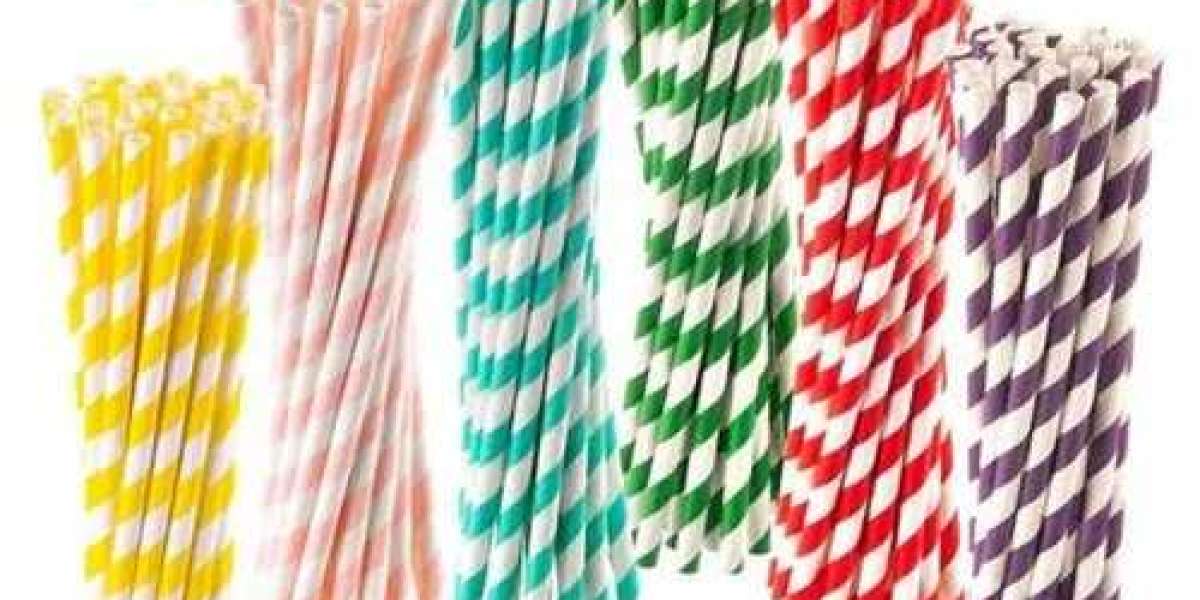The evolution of eco-friendly straws Factory operations now harnesses microscopic architects to redefine sustainable manufacturing. Through controlled fermentation processes, bacterial colonies spin intricate cellulose networks within bioreactors, creating structural matrices that mimic tropical bamboo's natural strength. This biological manufacturing approach allows eco-friendly straws factory facilities to transform agricultural drainage water into high-performance drinking conduits, addressing both material innovation and wastewater remediation simultaneously.
Marine biologists collaborate with production engineers to develop substrate formulas that nourish aquatic ecosystems post-disposal. Straws intentionally seeded with coral-promoting microorganisms demonstrate how eco-friendly straws factory outputs can transition from consumption accessories to ecological restoration tools. Coastal communities report increased mangrove sapling survival rates when biodegradable straws are strategically placed as seedling protectors, blending waste management with habitat rehabilitation.
Cultural preservation initiatives intersect with microbial technology through heritage grain fermentation techniques. Ancient rice wine starter cultures are repurposed to enhance cellulose yield in straw production, creating region-specific material profiles recognizable by their aromatic terroir. This fusion positions factory products as both functional tools and cultural ambassadors, carrying the essence of local agricultural heritage into global markets.
click sotonstraws.com to reading more information








